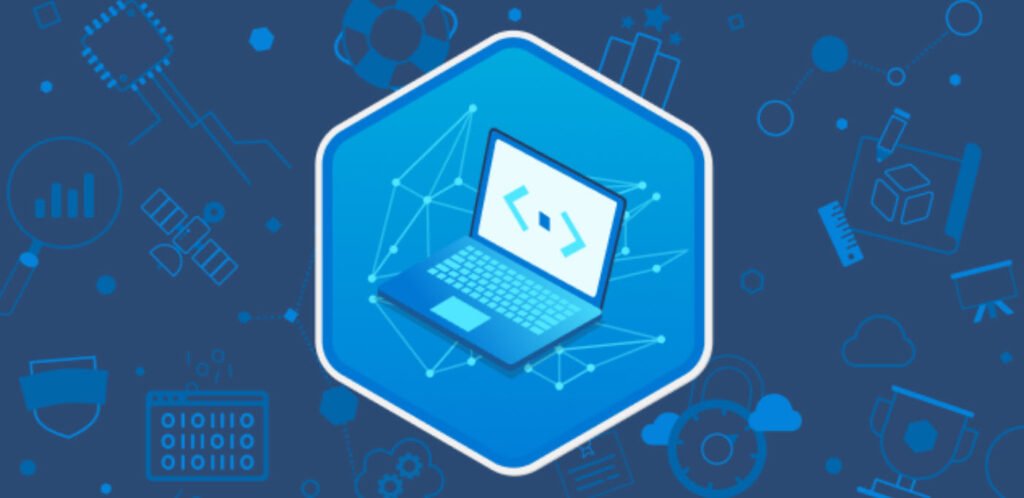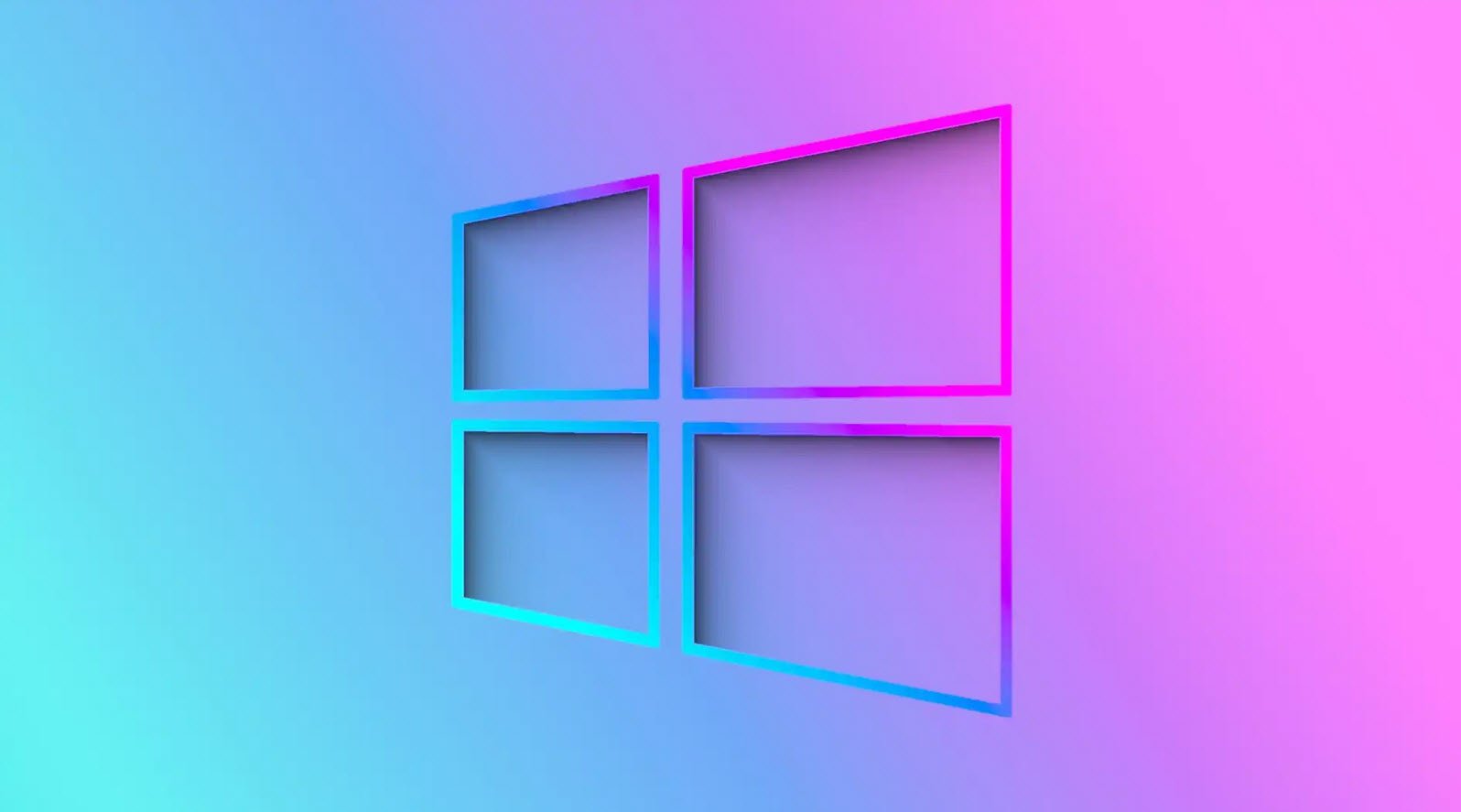
Blockchain technology has garnered significant attention and experimentation across various industries. From finance to supply chain management, its potential to revolutionize processes and enhance security has led to numerous projects and initiatives. However, before diving into blockchain experiments, it is essential to ask pertinent questions to assess the use and value of this technology. Depending on the type of blockchain – public or private, there are specific inquiries that can guide the evaluation process.
Let’s explore some crucial questions to consider for both types of blockchains:
Public Blockchains:
1. Will all parties run nodes or will some trust others?
Understanding the distribution of nodes is vital as public blockchains rely on a decentralized network of nodes for validation and consensus. Knowing whether all participants run nodes or some delegate this responsibility to others helps gauge the level of decentralization and potential points of failure.
2. If the blockchain is backlogged, what impact might this have on users?
Public blockchains face scalability challenges, which can lead to transaction backlogs and higher fees during peak usage. Evaluating the potential impact on user experience and operational efficiency is crucial for real-world applications.
3. How will the project deal with forks and chainsplits?
Forks and chainsplits are inherent risks in public blockchains. Understanding the strategies and protocols in place to handle these situations ensures smooth operations and data integrity.
4. How will data privacy be achieved?
Despite being transparent and immutable, public blockchains may need to address data privacy concerns. Identifying the mechanisms for preserving privacy while adhering to regulatory requirements is essential, especially in sensitive industries.
5. How will operators comply with evolving regulations?
The regulatory landscape for blockchain technology is continually evolving. Ensuring that the project can adapt and comply with changing regulations is vital for its long-term sustainability.
Private Blockchains:
1. Who will run the nodes? Why?
In private blockchains, where the network is permissioned, understanding the reasons behind the selection of node operators helps assess the network’s trustworthiness and potential centralization risks.
2. Who is going to write blocks?
Identifying the entities responsible for creating new blocks is essential for determining the governance structure and ensuring fair participation in block creation.
3. Who is going to validate blocks and why?
Knowing the parties responsible for block validation ensures that the network remains secure and prevents malicious activities.
4. If this is about data sharing, why can’t a web server be used?
Private blockchains are often utilized for data sharing and collaboration. Assessing the reasons for choosing a blockchain over traditional web servers helps justify the technology’s implementation.
5. Is there a natural central authority whom everyone trusts, and if so, why aren’t they hosting a portal?
Understanding the rationale behind not relying on a central authority, even if one exists, can shed light on the benefits of using blockchain technology for specific use cases.
For Any Type of Blockchain:
1. What data is represented on the blockchain, and what data is ‘off-chain’?
Clarifying which data is stored on the blockchain and which remains off-chain helps in understanding the overall architecture and potential privacy implications.
2. What do the tokens represent?
Tokens are a fundamental component of many blockchain projects. Understanding the purpose and utility of tokens in the ecosystem is critical for assessing their value.
3. When a token is passed from one party to another, what does this mean in real life?
Understanding the real-world implications of token transactions helps in evaluating the practical value and use cases of the blockchain project.
4. What happens if a private key is lost or copied? Is this acceptable?
The security of private keys is paramount in blockchain applications. Evaluating the measures in place to protect private keys and recover from their loss is essential for risk management.
5. Are all parties comfortable with the data being passed around the network?
Ensuring that all participants are aware of and consent to the data being shared on the blockchain is crucial for maintaining trust and compliance.
6. How will upgrades be managed?
Blockchain protocols and smart contracts may require upgrades over time. Understanding the upgrade mechanisms and their potential impact on the network is necessary for a smooth and secure operation.
7. What’s in the blocks?!
Lastly, understanding the contents of the blocks themselves, including the transaction details and metadata, helps in assessing the overall complexity and utility of the blockchain project.
Conclusion
Before embarking on blockchain experiments, it is crucial to ask the right questions to comprehend the technology’s use and value fully. Whether dealing with public or private blockchains, understanding network dynamics, data management, token mechanics, and security considerations is essential for successful implementation and realization of blockchain’s potential benefits.
By addressing these questions, stakeholders can make informed decisions and drive meaningful innovation in their respective industries.
You may also like:- How To Fix the Crowdstrike/BSOD Issue in Microsoft Windows
- MICROSOFT is Down Worldwide – Read Full Story
- Windows Showing Blue Screen Of Death Error? Here’s How You Can Fix It
- A Guide to SQL Operations: Selecting, Inserting, Updating, Deleting, Grouping, Ordering, Joining, and Using UNION
- Top 10 Most Common Software Vulnerabilities
- Essential Log Types for Effective SIEM Deployment
- How to Fix the VMware Workstation Error: “Unable to open kernel device ‘.\VMCIDev\VMX'”
- Top 3 Process Monitoring Tools for Malware Analysis
- CVE-2024-6387 – Critical OpenSSH Unauthenticated RCE Flaw ‘regreSSHion’ Exposes Millions of Linux Systems
- 22 Most Widely Used Testing Tools








